Guest post by Ezgi Elçi
Does nostalgia boost populism? Populist leaders worldwide often exploit nostalgia by referring to the glorious past of their countries that has been lost today. Donald Trump’s slogan “Make America Great Again” indicates a yearning for a past when gender and racial relations were more “ordered” in the US. In Venezuela, Chavistas refer to Simon Bolivar as El Libertador, in their quest to reestablish an independent Latin America. In Turkey, populist Justice and Development Party governments built their rhetoric on Ottoman nostalgia. In Western Europe, right-wing populists refer to the era before the influx of immigrants and European unification when they had not yet lost their sovereignty. “Let’s Take Back Control”—the slogan of the leave camp during the Brexit referendum—also carries a nostalgic message, which can distill to: things were better before. The list of examples goes on and on.
In his speech commemorating the infamous Treaty of Trianon, which ended World War I and defined Hungary’s borders, Hungarian Prime Minister Viktor Orban said,
“Even the greatest cannot avoid the justice of history. And just as it is true that what belongs together will grow together, it is also true that what does not belong together falls apart. They said it well a hundred years ago: we will be there at the funeral of those who wanted to put us in the grave. We Hungarians, on the other hand, will remain, no matter how the wind turns. We remain because we are at home. We are at home and therefore we remain.”
Home is the key to understanding nostalgia and why populists frequently use nostalgia to rally supporters: because nostalgia is a homecoming, seeking refuge in a shelter that protects the pure and authentic people that stands together from dangerous others. Therefore, we can define nostalgia as a combination of nostos “return home” and algia “a painful condition,” which can be roughly translated as “a painful yearning to return home.”
Many populists around the world use nostalgia to build their populist heartland—an imaginary experienced era before the corruptions and distortions of today. Specifically, populists use nostalgia to create borders between the authentic us and the immoral them in order to generate an intergroup cleavage between the people and the elites. Nostalgia strengthens shared social identity and helps maintain in-group identity during times of change, breakdown, collapse, or threat. However, the populist moralistic imagination of politics leads to the portrayal of political opponents as “enemies to be destroyed” instead of legitimate rivals, which increases political enmity.
In Turkey, the most significant cross-cutting intergroup cleavage is built on the long-term conflict between Islamists and secularists since the late Ottoman era. In Islamist politics, the Ottoman Empire represents the zenith of the Turkish people’s history. In response to the Kemalist establishment’s secularism, political Islam glorifies the Ottoman past as a tool for reconstructing “the Great Turkey” today. The collapse of the Ottoman Empire corresponds to the absence of home. Kemalist nostalgia, on the other hand, appeared during the 1990s due to the rise of identity politics, political Islam, and increasing relations with the EU and the IMF, which threatened Kemalist values. In turn, many Kemalists began to yearn for a strong, independent, self-sufficient, and secular state which had been dominant in the past.
To understand whether, and how much, nostalgia boosts populism, I conducted a survey in Turkey and tested the relationship between collective nostalgia and populist attitudes. The results reveal that nostalgia has a significant positive relationship with populism, even after controlling for other independent variables. But not all nostalgia is the same. My research showed that Islamist Ottoman nostalgia increases populist attitudes, yet secular Kemalist nostalgia has a barely significant positive impact which disappears after controlling for party preference. This result stems from the fact that, in the Turkish context, Ottoman nostalgia appears as a tool for directing resentment towards Kemalist elites and the establishment in Turkey. However, Kemalist nostalgia emerged as a reaction to the rise of political Islam and Islamist populism. Hence, the impact of Ottoman nostalgia on populist attitudes is stronger than Kemalist nostalgia. Such competing nostalgias may also pave the way for rising polarization in other places. For example, Trump’s nostalgia for an era of the so-called authentic American values versus Sanders’ nostalgic reveries on a period when the working class lived in better conditions than they do today can catalyze polarization in the US.
Nostalgia is an effective and cheap tool to generate an enemy image or an antagonistic us versus them identity. When such identities overlap with a deeply felt, cross-cutting cleavage, it can lead to populism. But not all nostalgia is harmful. Nostalgia for a liberal past, that is used to criticize the illiberal politics of populists, can be used to increase support for democracy.
Nostalgia is about how we remember our past. In most cases, it is whitewashed and free from bad memories. We are better served by future-oriented, rather than backward-looking, politics that are honest about the past and hopeful about the future.
Ezgi Elçi is a postdoctoral researcher in the Department of International Relations at Özyeğin University.

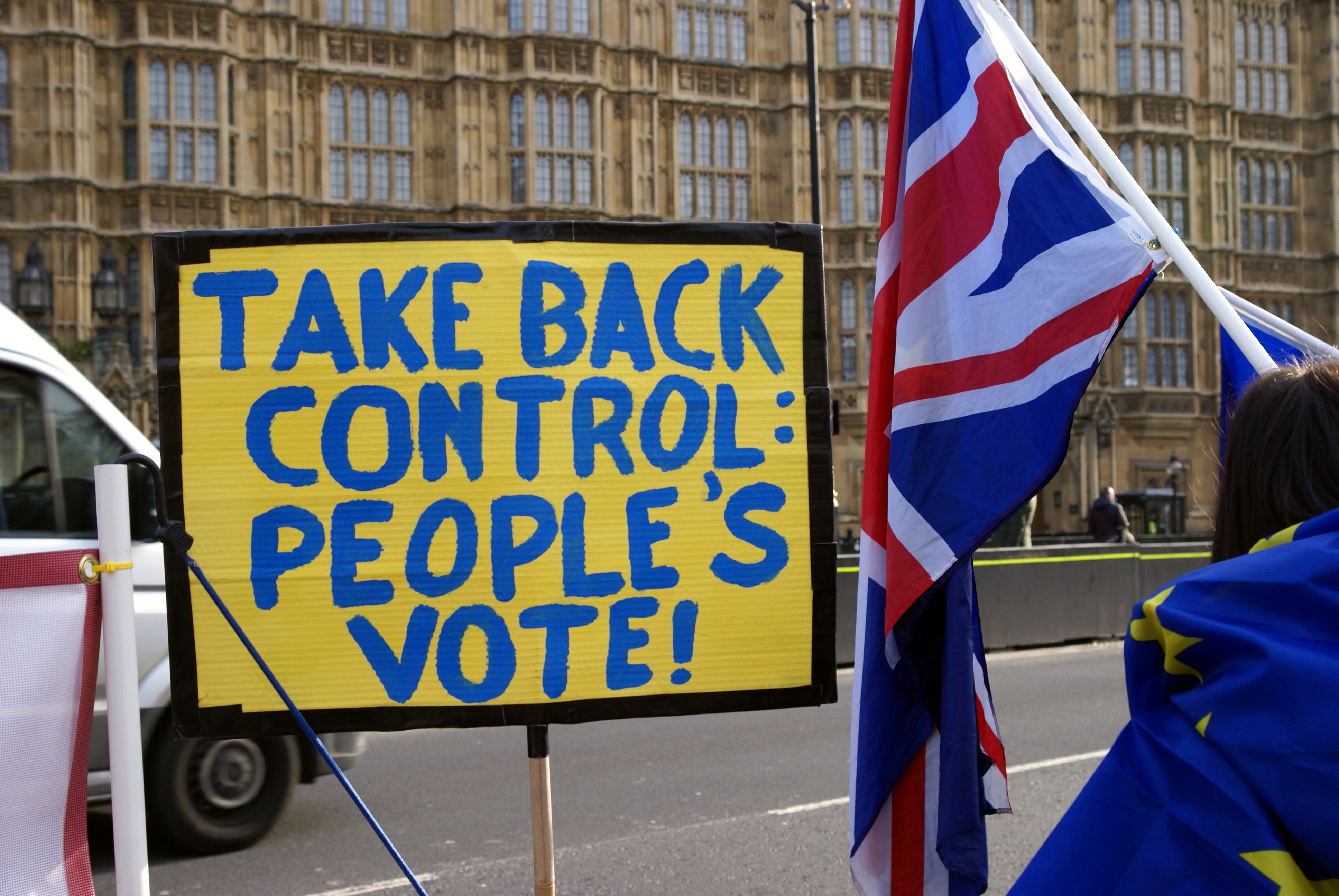
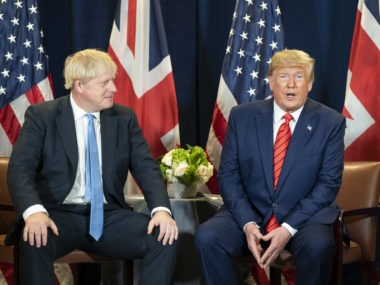
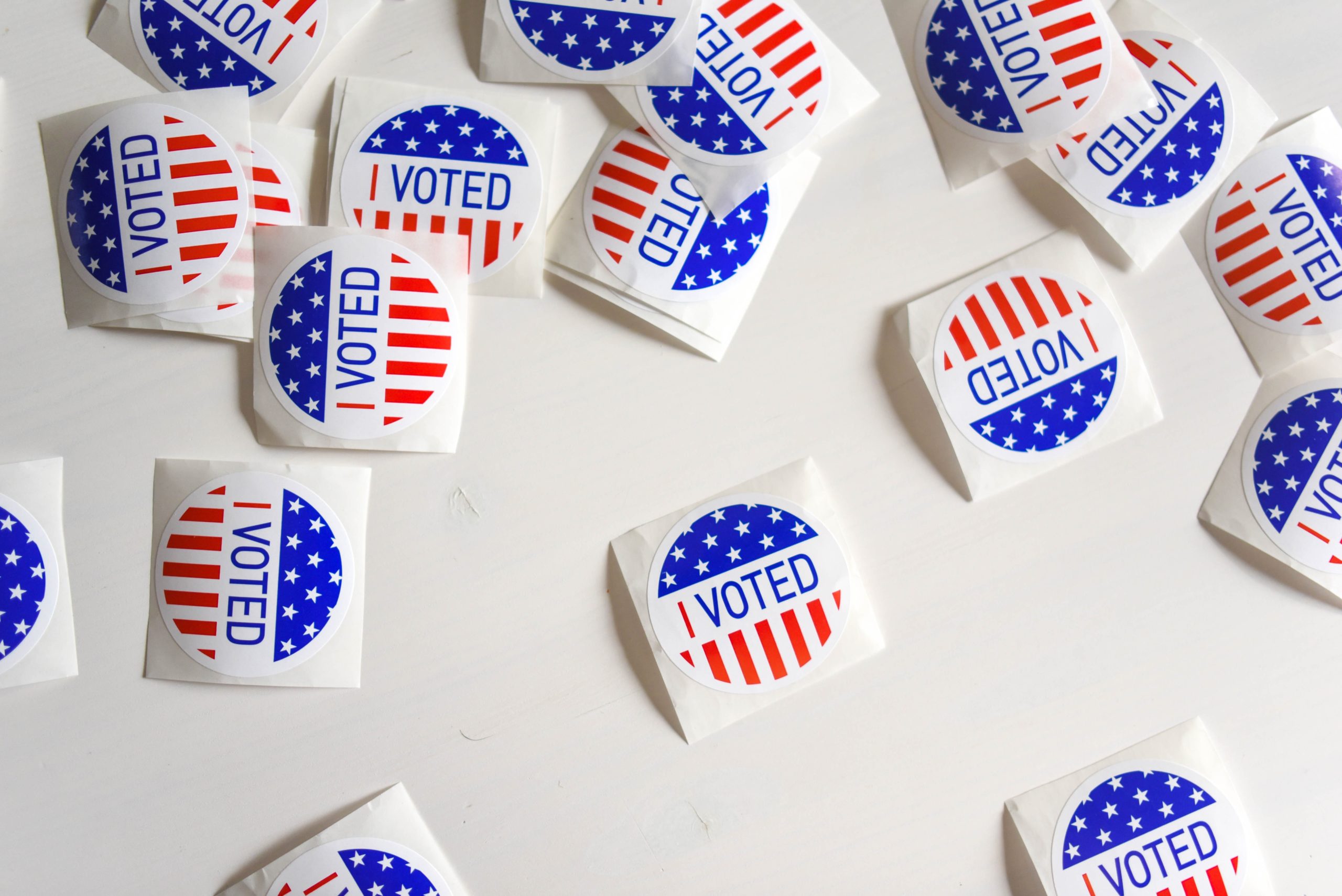
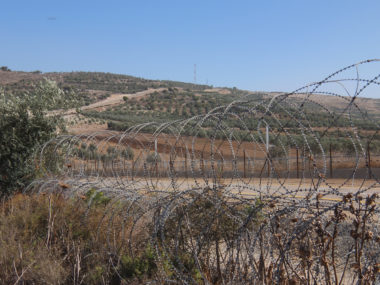

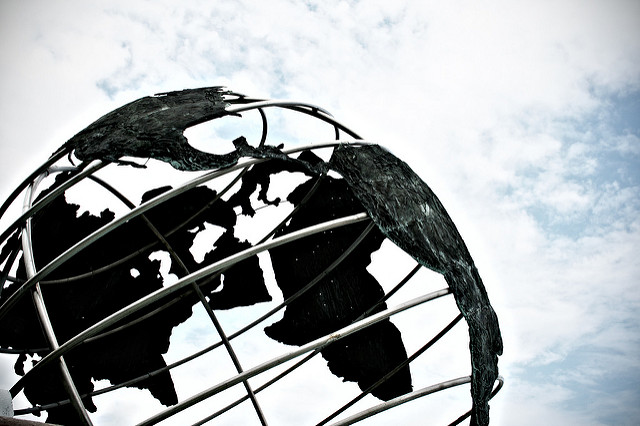
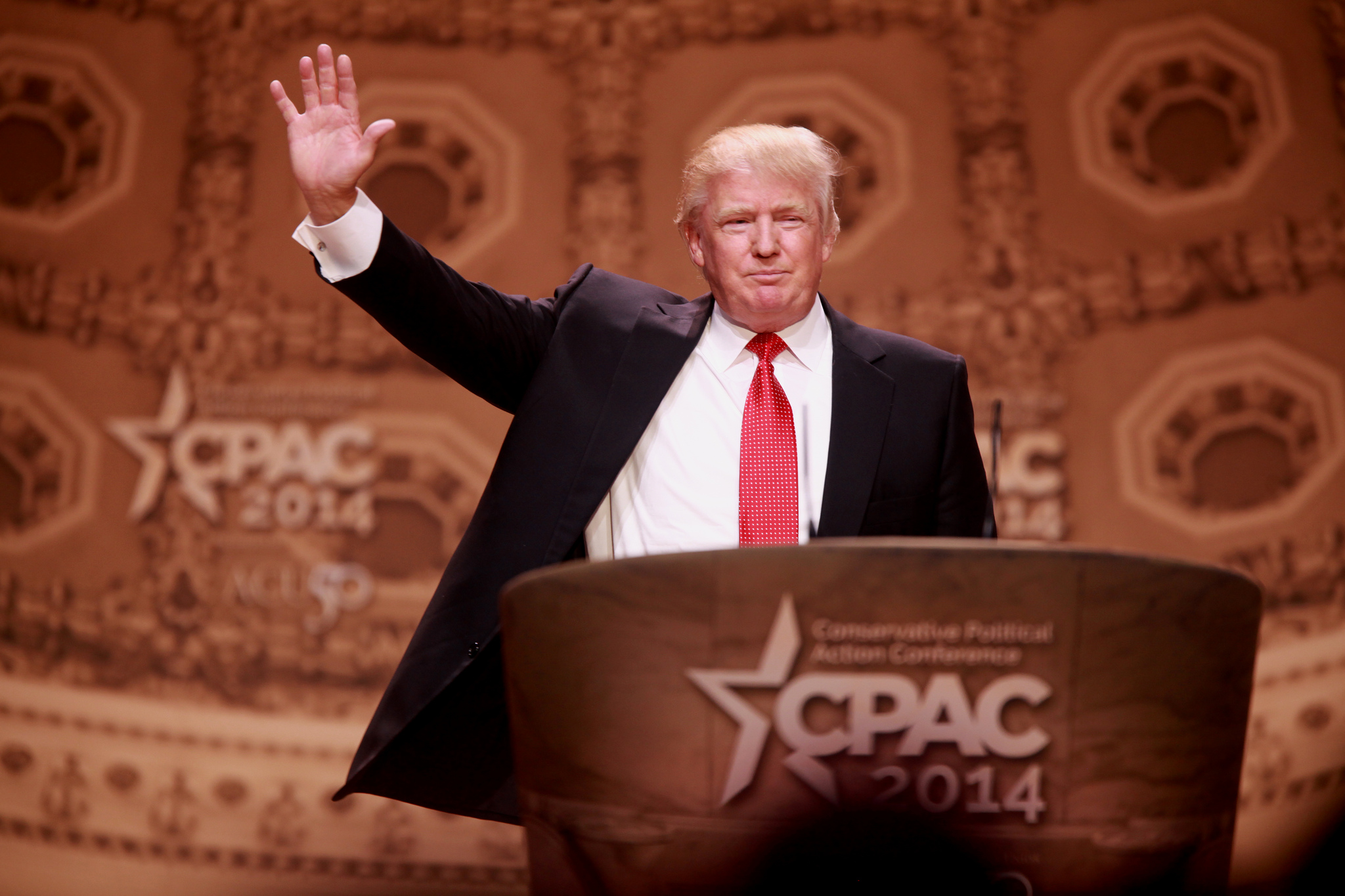
1 comment
This is part of the problem in analyzing the rise of right-wing populism. This nostalgia for the past, is not “conservative.” And I wish the media and analysts would stop using this word to describe right-wing, “nostalgia” of populism. The word “conservative” has become an oxymoron and is clearly a misnomer.